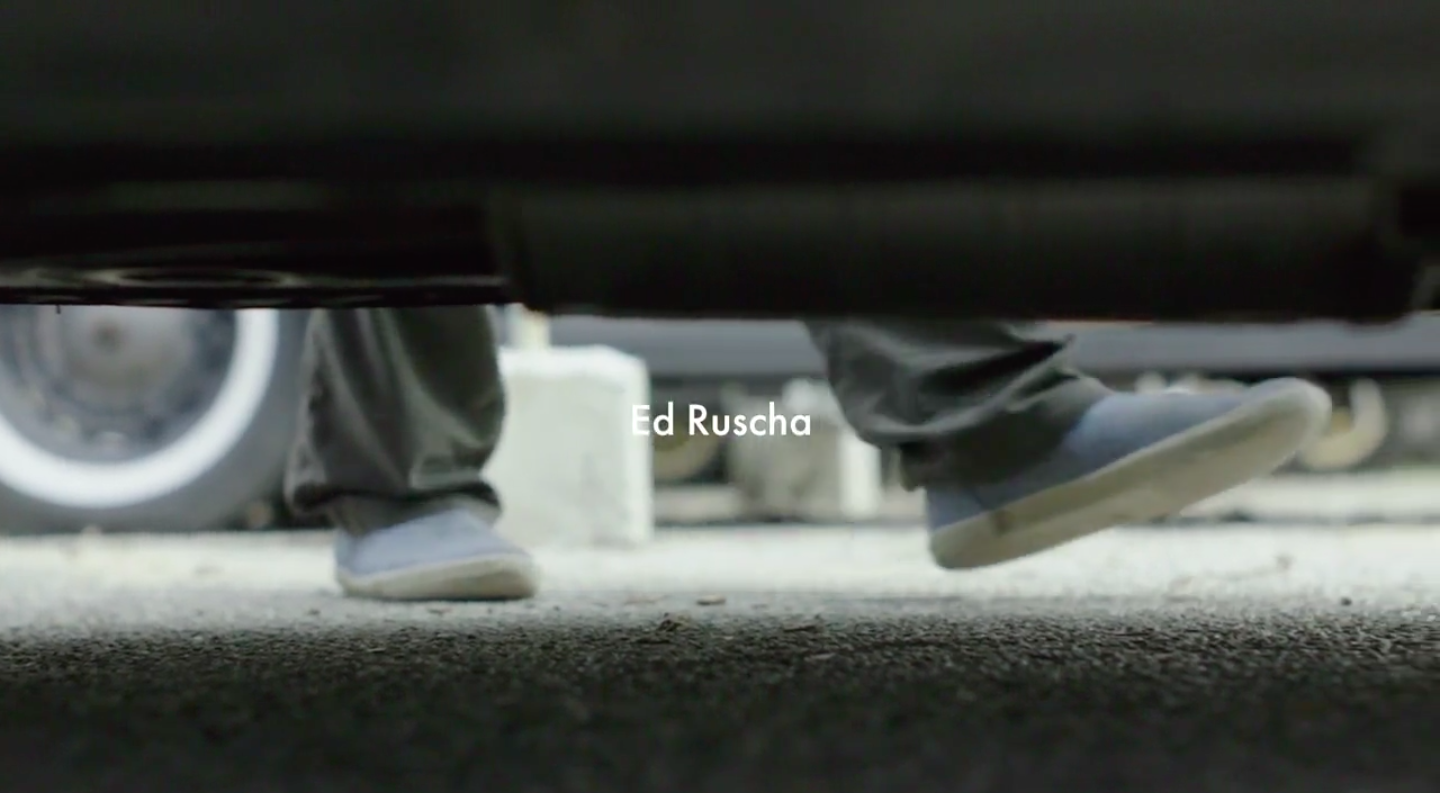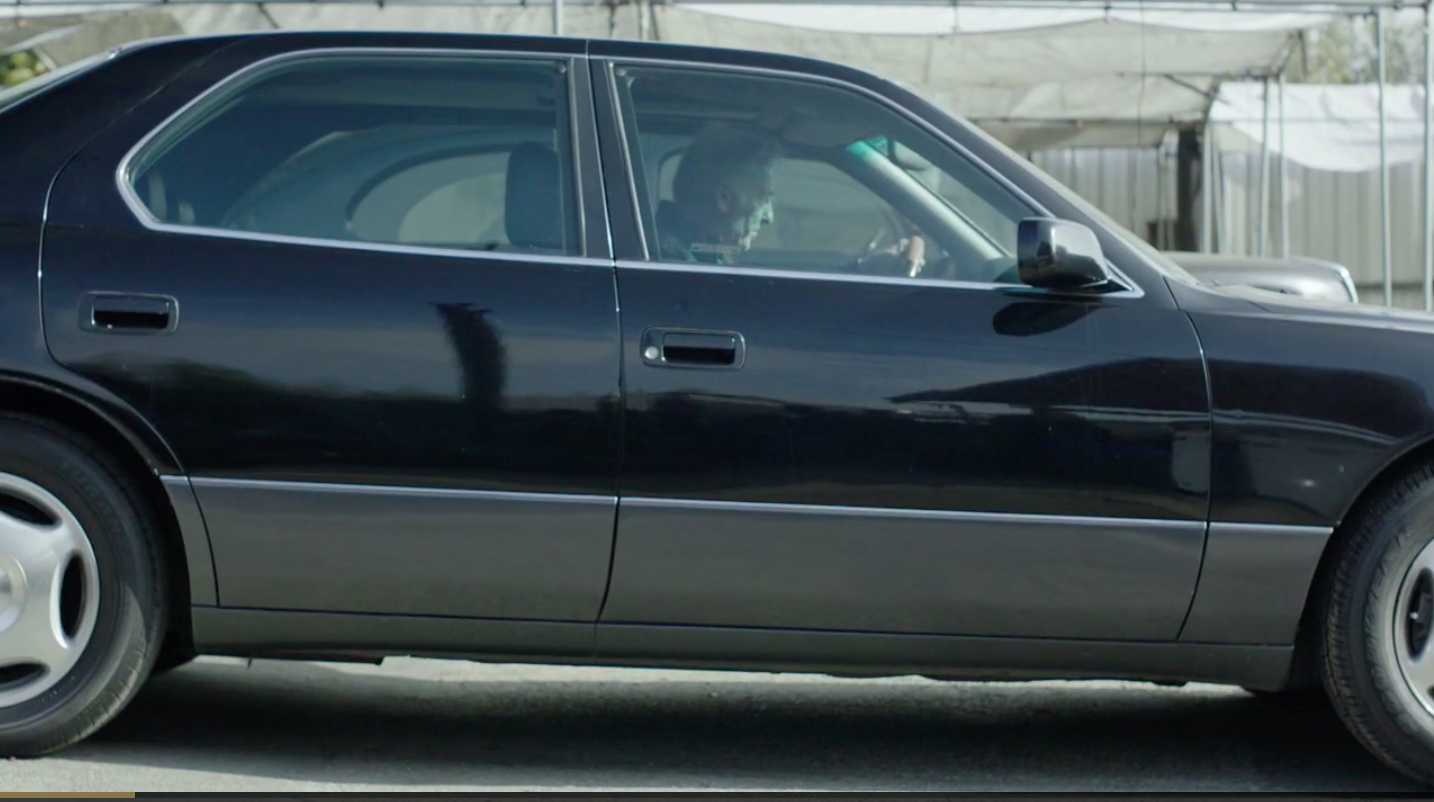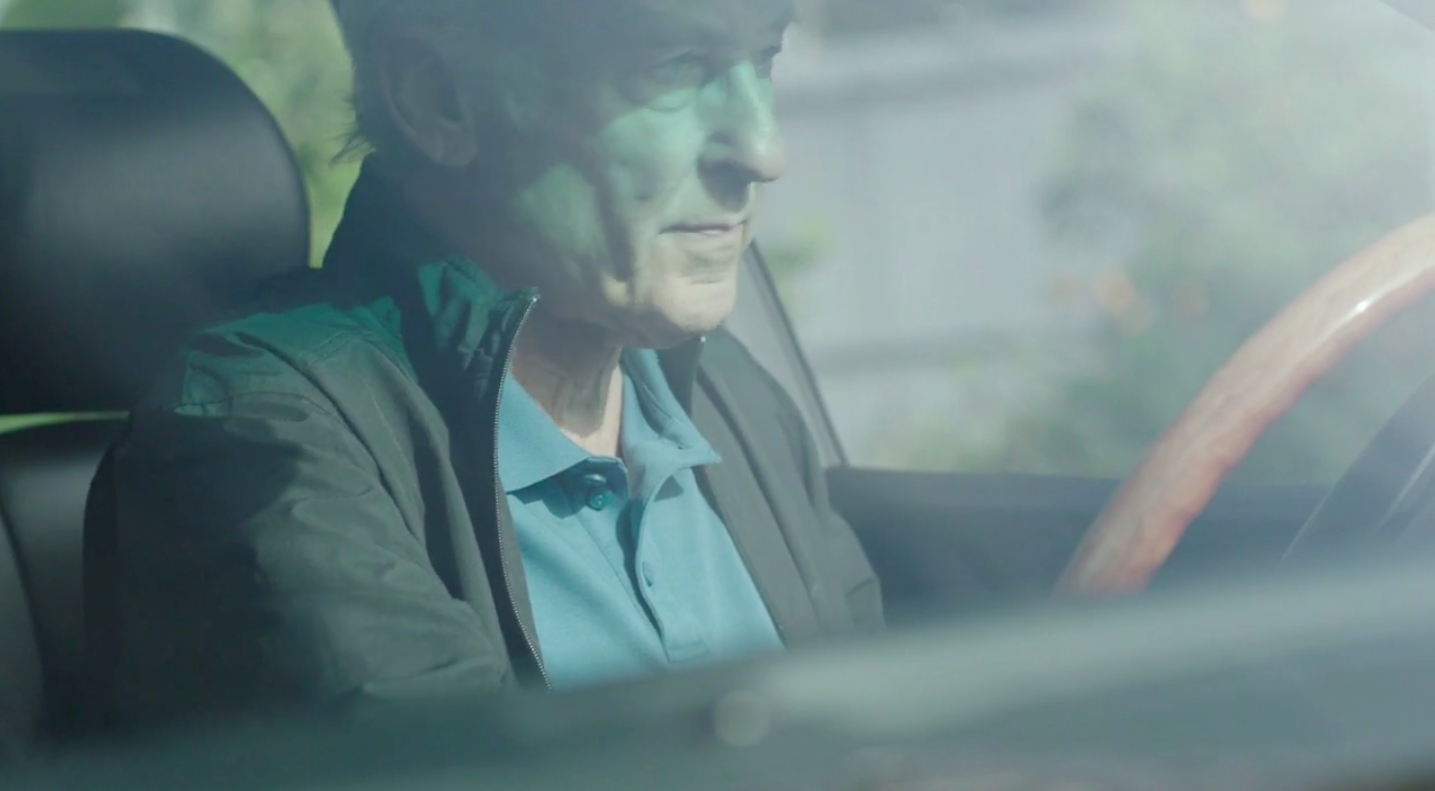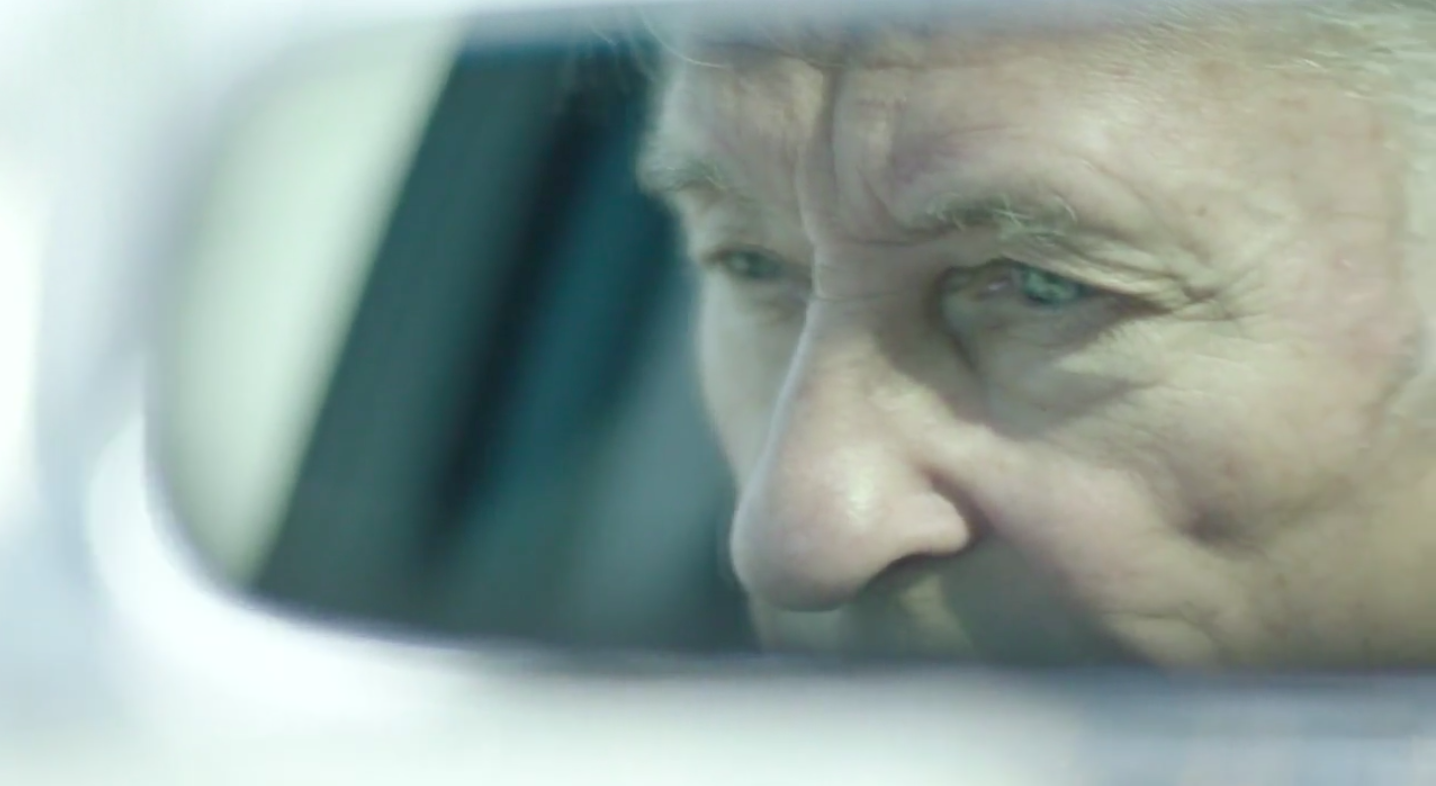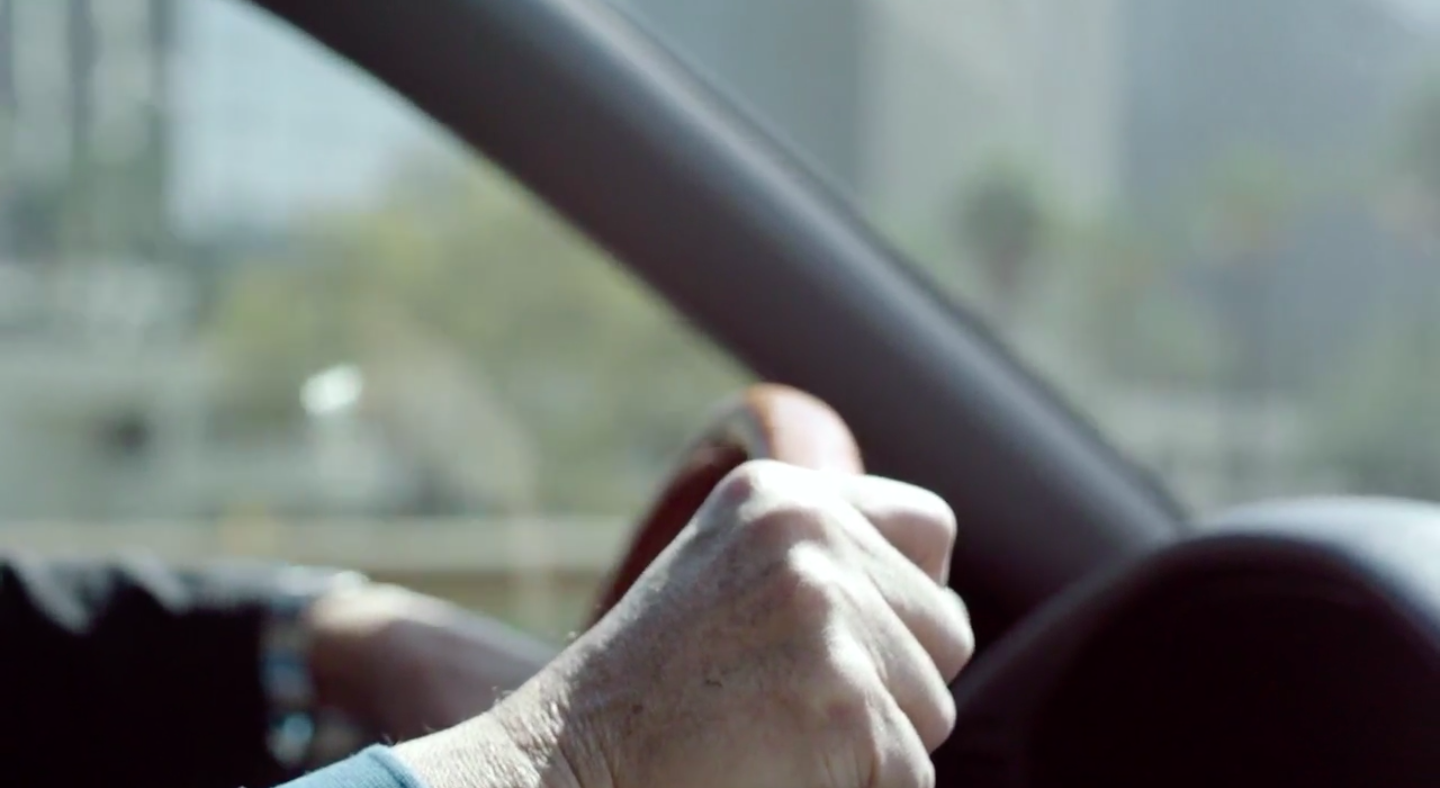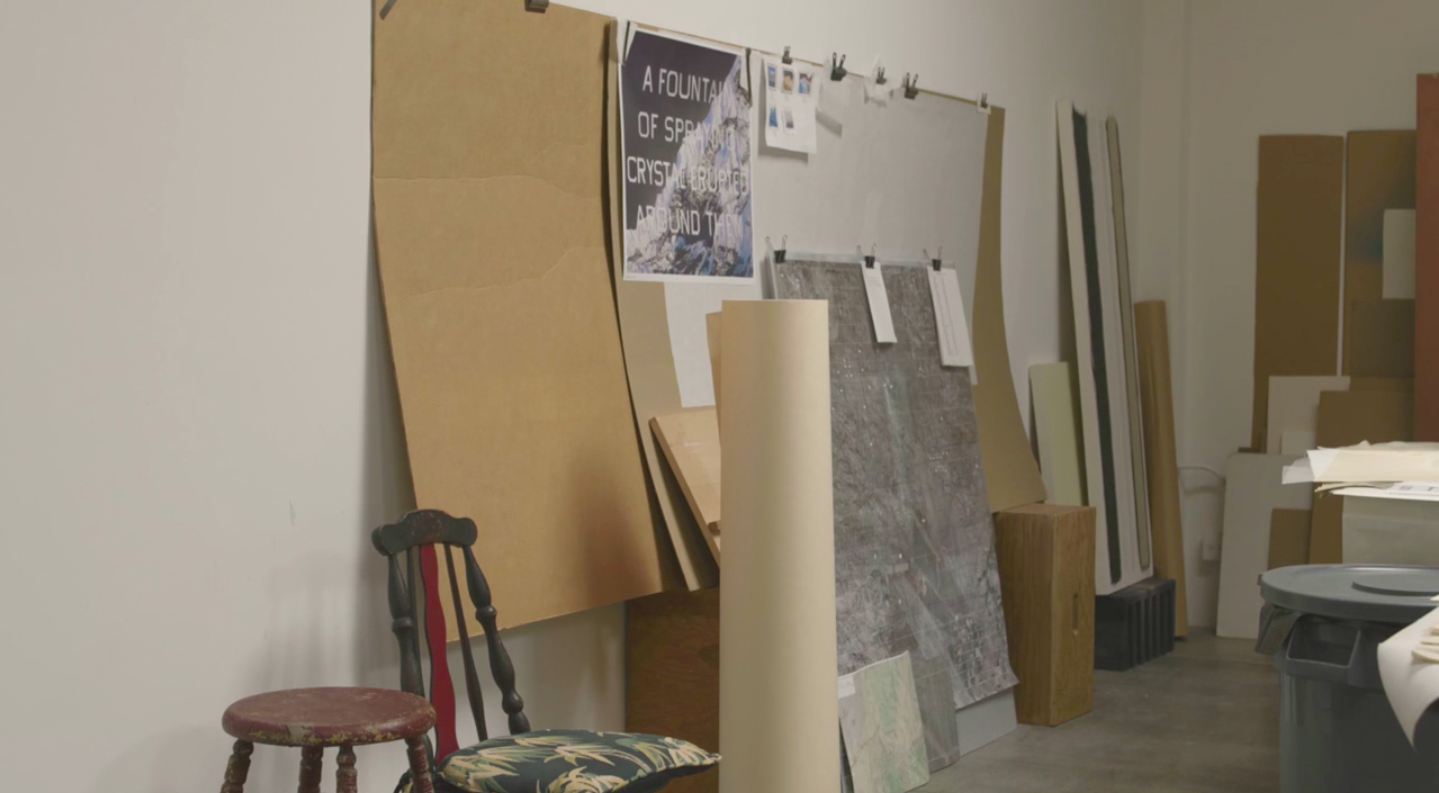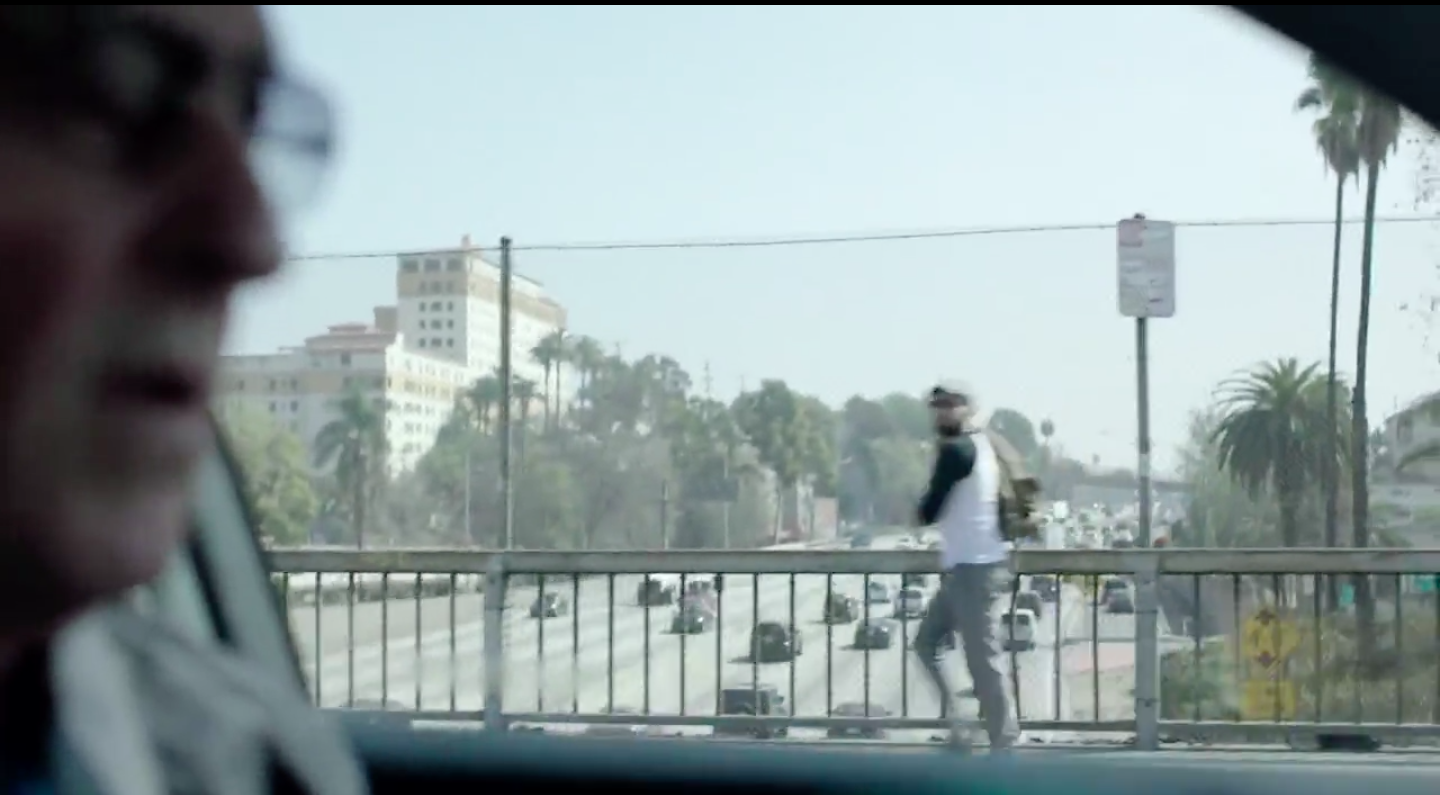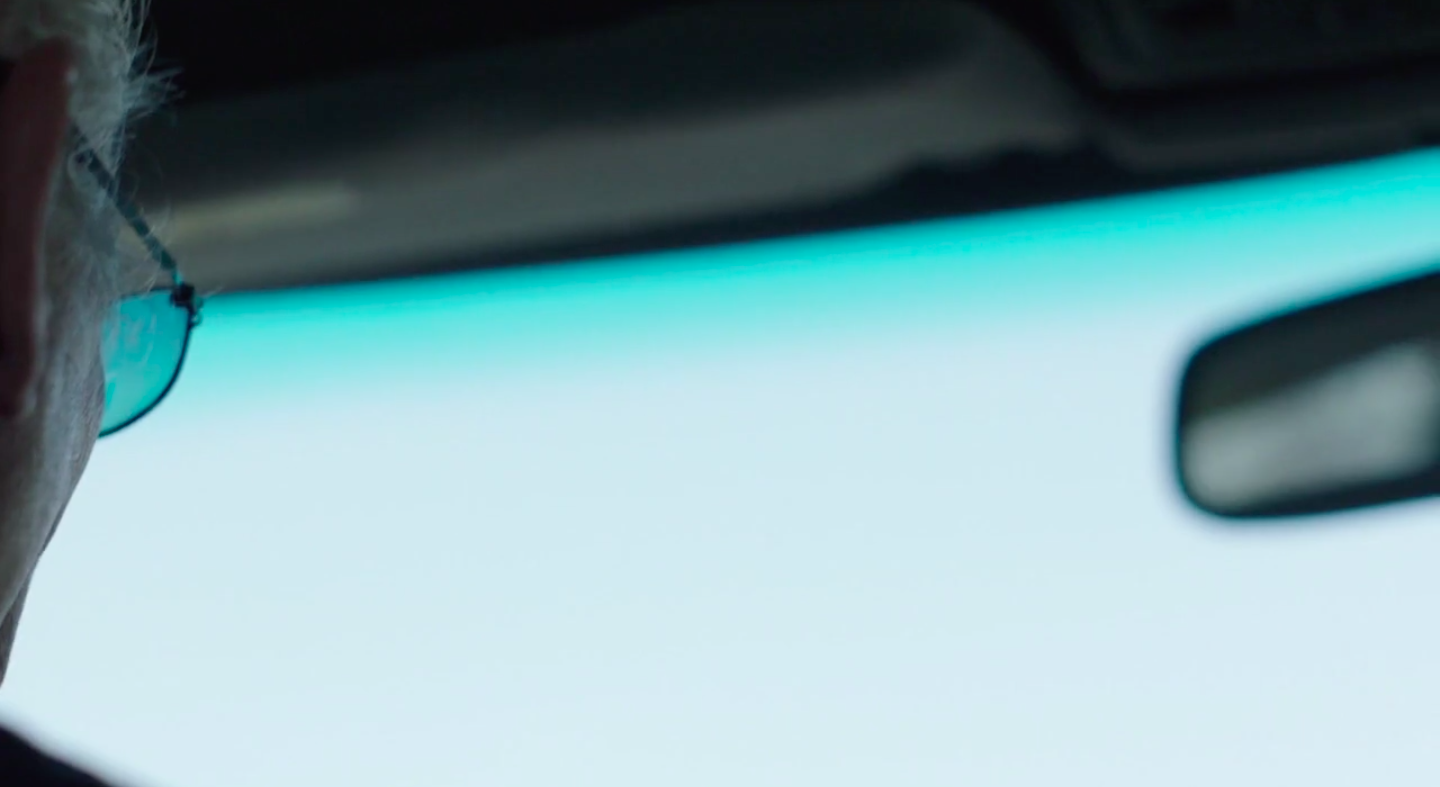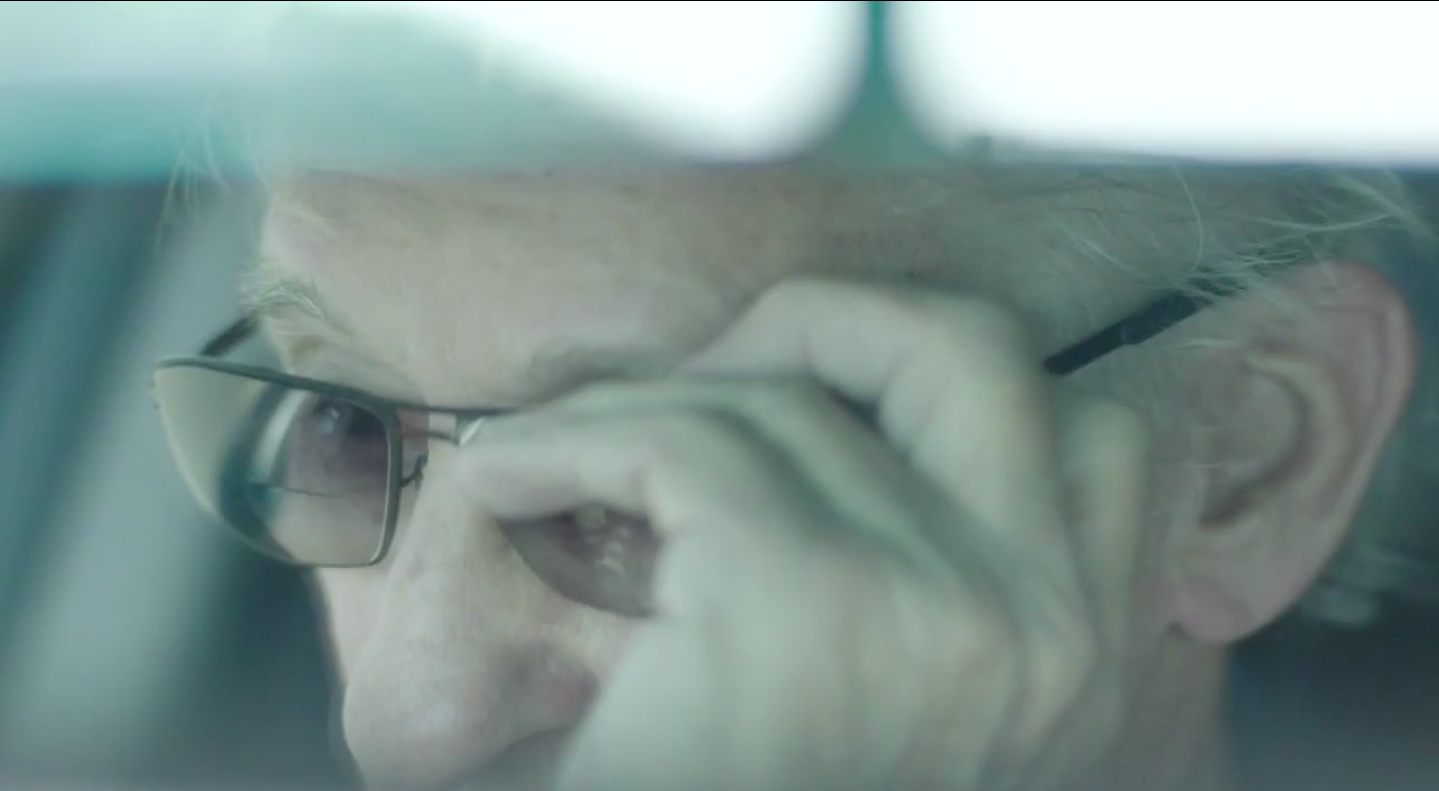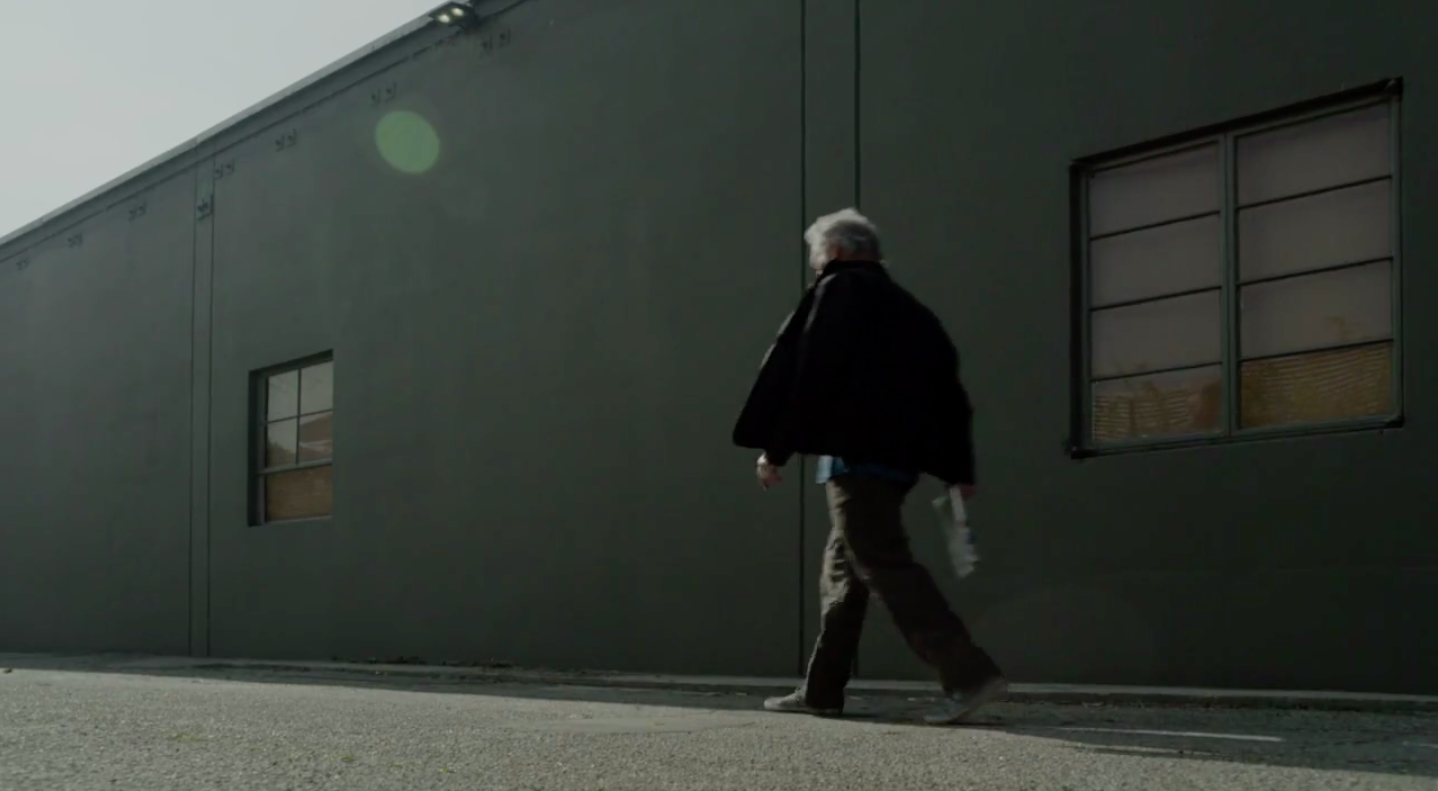THE L.A. UNCONSCIOUS.
“In the beginning was the Word” said the many from the empyrean pulpit. “The unconscious is structured like a language” said Jacques Lacan from the primordial black cellar. You might infer from all this that words form our very being. And you would be partly correct. We adopted language very early on. Like the Big Bang, words just happened. Before that, like before the Big Bang, there was everything & nothing over there. Words were a way in which to redefine our relationship with the unthinking world & thinking other over there. Words pushed back, separated, individuated & speculated on the distance that had just been put between you & the world due to words. Words begot words begot words. We learned to live with words, communicate with words, lie with words, become defined by words in name & vocation. Put simply: We became words. Words, words, words. So many words that we dreamt up places that did not think, that did not have words, like the unconscious, a place of thought that does not think (Jacques Rancière). Picture this: American artist Ed Ruscha cruising around L.A.—the billboard-thin backdrop to his text paintings & photography—listening to the radio tuned in to two stations, anticipating the expected & familiar pothole he has stopped avoiding over the years & grown to want, to need, to love as a “spiritual hotspot”. This all plays out in a short film that traces Ruscha's journey from L.A. home to L.A. studio. Never did you think L.A. would be the place where the unconscious would come forth in your consciousness, your definition, L.A. being a place that wears surface as history. But that's just it, the unconscious is not to be found in a dimly lit cellar where Freud's agents of id., ego & superego hide in a windowless three-cornered room with a swinging light bulb lighting up their uncanny personalities one by one. No. The unconscious is Ed Ruscha on a bright & blue L.A. day enroute to his studio, tweaking the radio dial so that two channels bunk together, dream together; the stock markets on top, country & western music underneath. Freud called the unconscious a double inscription; Ruscha's radio is a double inscription. In the 1960s the French psychoanalyst Serge Leclaire, a disciple of Lacan, proffered the analogy of a radio tuned in to two stations to describe the unconscious, except Leclaire's genre was jazz not country & western. Jazz is a little in tune as an analogy for the unconscious; country & western is a little off tune, like the visual drone of David Lynch's Lost Highway, Blue Velvet, Mulholland Drive, inferring that America & its levels of thin is more in tune with the enigmatic surface of the unconscious.

